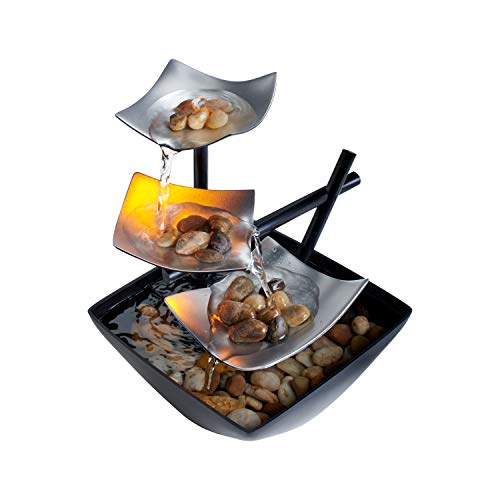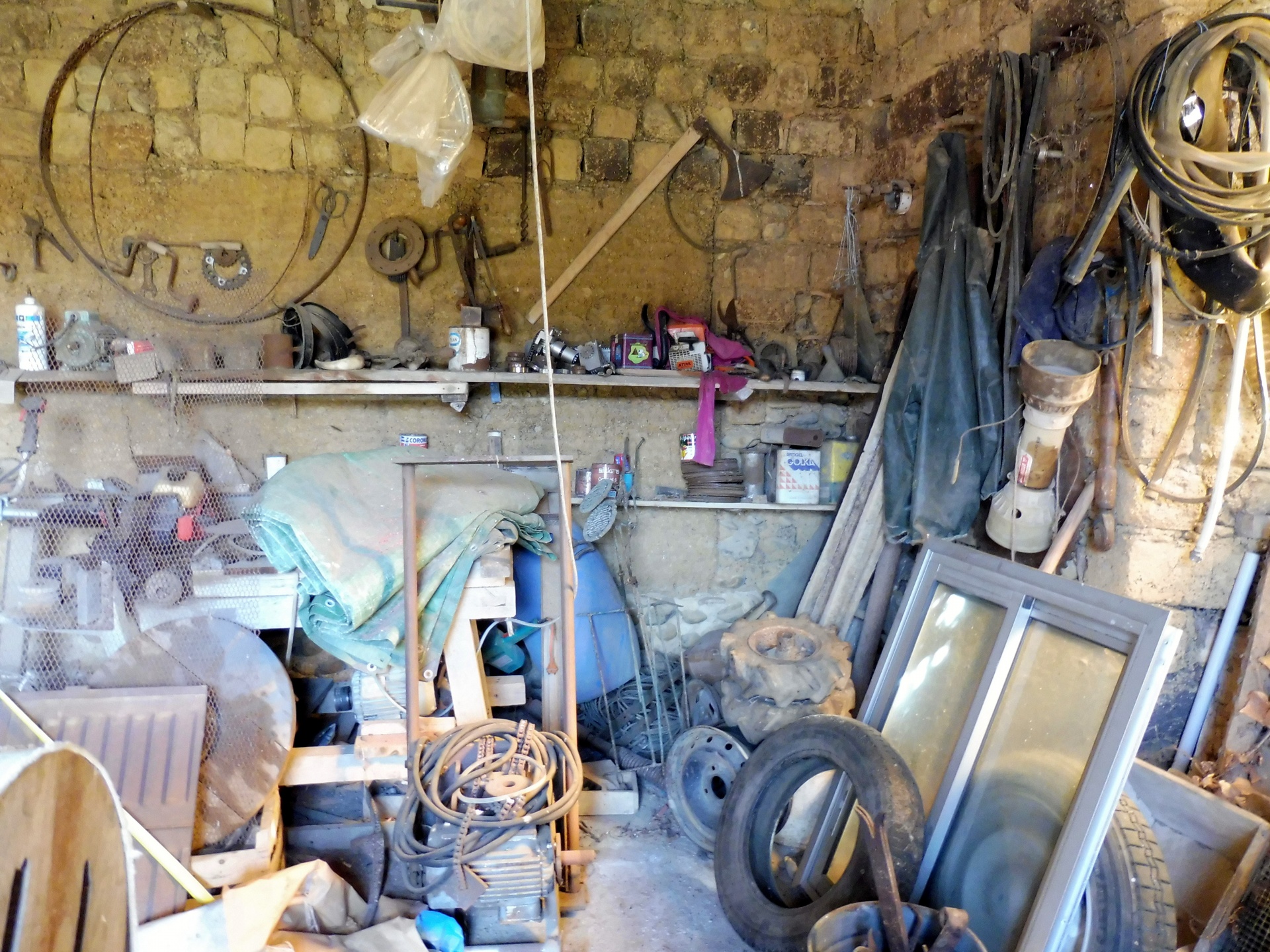Tired of wrestling with that old, unreliable garage door opener? You’re not alone. Finding the best garage door opener can make a world of difference in your daily routine, offering convenience, security, and peace of mind. Whether you’re looking for something high-tech with smart features or a dependable, budget-friendly option, there’s an opener out there that fits your needs.
Types of Garage Door Openers
Different garage door openers meet various needs. Explore these types to find the right fit for your home.
Chain-Drive Openers
Chain-drive openers use metal chains to lift the door. They’re robust and affordable. Most suitable for detached garages. Noise levels might be high but offer reliable performance.

Belt-Drive Openers
Belt-drive openers use rubber belts. They’re quieter than chain drives. Ideal for attached garages. Higher cost but smoother operation.
Screw-Drive Openers
Screw-drive openers have a threaded steel rod. They offer fast and powerful operation. Good for wide and heavy doors. May require more maintenance.
Direct-Drive Openers
Direct-drive openers have only one moving part. They’re quiet and reliable. Suitable for most residential setups. Low vibration ensures longevity.
Smart Garage Door Openers
Smart openers connect to Wi-Fi. You can control them via smartphone apps. They offer enhanced security features. Perfect for tech-savvy homeowners.
Key Features to Consider in the Best Garage Door Openers
When choosing the best garage door opener, evaluate key features to ensure you get the right one for your needs.
Horsepower Ratings
Higher horsepower provides stronger lifting capability. Opt for 3/4 to 1.5 HP for heavy wooden doors. Standard steel doors usually need 1/2 HP. Lighter aluminum doors function well with 1/3 HP.
Security Features
Modern openers have rolling code technology, preventing code theft. Look for integrated alarms and auto-locking systems. Smart openers offer mobile alerts and remote access for added security.
Noise Level
Belt-drive openers are quieter than chain-drive models. Seek units with vibration isolation if noise is a concern. Consider direct-drive models for the quietest operation.
Backup Power Options
Ensure your system works during power outages. Battery backups offer continuous operation. Some smart models include built-in battery systems. Choose solar-powered options for eco-friendliness.
Pros and Cons of Top Garage Door Opener Brands
Chamberlain
Chamberlain offers reliability and smart features. It integrates well with your smart home setup. A key advantage is MyQ technology for remote operation. On the downside, some models may require additional purchases for full functionality, like internet gateways.
LiftMaster
LiftMaster is known for durability and advanced features. It provides excellent security with rolling code technology. It’s compatible with HomeLink. However, installation can be complex. LiftMaster openers often come at a higher price point.
Genie
« The Ultimate Guide to Choosing a Travel Jewelry Case with Initials: Style, Security, and Sustainability
Can a Projector Really Replace Your TV? Find Out With Our Ultimate Comparison Guide »
Genie offers good value for money and strong customer support. Its openers include Intellicode security systems to prevent unauthorized access. These openers are often quieter compared to others. A potential drawback is limited compatibility with smart home systems without extra accessories.
Ryobi
Ryobi stands out for versatility and add-on modules. Built-in battery backup ensures operation during power outages. Unique features like fans and extension cords are available. However, Ryobi openers sometimes lack the refined look of other brands and may not be as widely available.
Installation Tips for Garage Door Openers
Installing a garage door opener involves critical steps to ensure smooth operation and security. Here are tips to guide you through the process efficiently.
Professional vs DIY Installation
Consider professional installation for complex systems or if you’re short on time. It ensures correct setup and might include a warranty. Opt for DIY installation if you have basic tools and some experience. It saves money and allows customization. Check the manufacturer’s guide for specific instructions.
Necessary Tools and Equipment
Gather essential tools before starting to avoid delays. Needed tools include a power drill, screwdrivers, wrenches, a ladder, and safety glasses. Ensure you have all parts listed in the opener’s manual. If additional wiring is needed, get wire strippers and a multimeter. Always use appropriate safety gear to prevent injuries.
Maintenance and Troubleshooting
Garage door openers need regular upkeep to ensure smooth operation. Troubleshooting common issues promptly prevents costly repairs.
Regular Maintenance Tips
- Lubricate Moving Parts: Apply lubricant to rollers, hinges, and tracks every six months.
- Inspect Door Balance: Disconnect the opener and lift the door halfway. A balanced door stays in place.
- Test Safety Features: Place an object in the door’s path to test auto-reverse. Door should reverse upon contact.
- Tighten Hardware: Inspect and tighten all bolts and brackets annually.
- Remote Control Fails: Check the batteries. Replace if necessary.
- Door Doesn’t Close Completely: Inspect the close-limit switch. Adjust settings as needed.
- Opener Makes Noise: Lubricate or replace worn rollers. Inspect motor for issues.
- Door Reverses Before Closing: Clear obstructions from sensors. Align sensor brackets if misaligned.
Conclusion
Choosing the right garage door opener can make a huge difference in your daily routine and overall home security. With various options available, focusing on your specific needs and preferences will guide you to the best choice. Whether you opt for a high-powered model with advanced security features or a quieter unit with backup power, there’s a perfect fit out there for you.
Remember, installation can be a DIY project if you’re comfortable with the tools and instructions, but professional help is always an option. Regular maintenance is key to keeping your opener running smoothly and avoiding unexpected issues. By staying proactive with upkeep and troubleshooting, you’ll ensure your garage door opener serves you well for years to come. Happy choosing!















